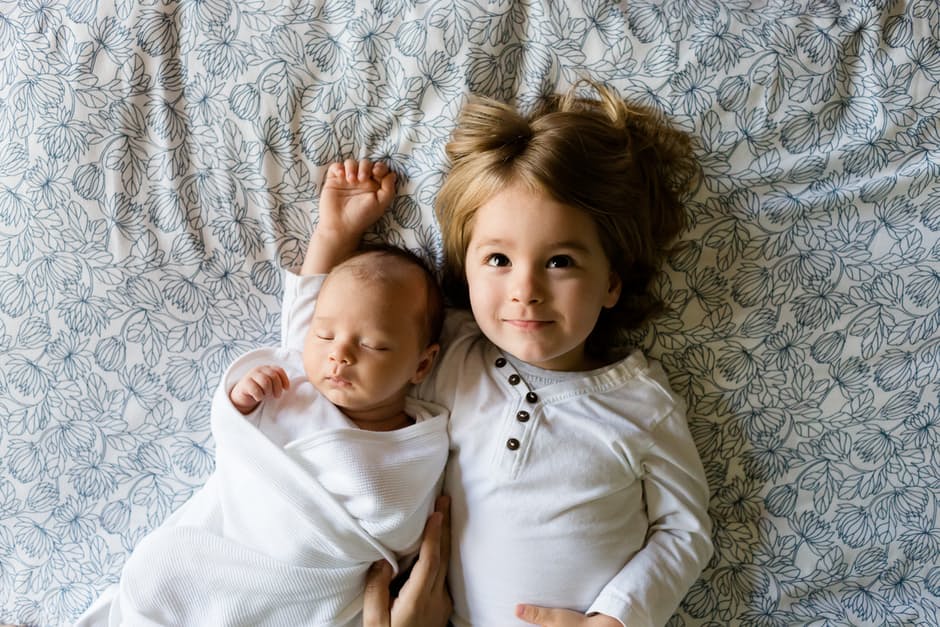Large families have not completely disappeared in Ireland. There were 64,248 families with 4 or more children, 16,646 families with 5 or more children of which 4,845 families had 6 or more children.
Donegal, Cavan and Monaghan had the largest families with 2.19 children per family on average.
The average age of the Irish mammy is increasing – the average age of a first-time mum is now 32 1/2 – more than two years older than the age of 30 in 2000, and six years older than 26 in 1985.
Aeidín (Cor) Sheppard, of the Central Statistics Office says; “People are waiting a little bit longer to have children, that’s
for first-time mothers and then overall the age is increasing as well.
“We are having smaller families but the larger families haven’t died out completely, there were 64,248 families in the country with four or more children, that seems to be quite prevalent in Donegal, Monaghan and Cavan where we have the largest families, with an average there of 2.2 children per family.
“That’s well above the national average, so we still have lots of large families in the country. We have 4,845 families that have six or
more children.”
Ireland’s birth rate is the second highest in Europe at an average of 1.92 children per women, just behind France at 1.96.
As mammies have their children at an older age, their children don’t leave the nest for longer. In 2011, 439,000 adult kids stayed at home with their parents; 180,700 were working, 138,000 were studying and 98,000 unemployed.
“There’s lots of people still living at home and being looked after by mammies and daddies, maybe we make them too comfortable!
“I know I have a 22-year-old at home, who’s not in too much of a rush to run out of the door at the moment anyway.”
As women have their children at an older age, it’s also a sign of improving health on a national level. Krysia Lynch of AIMS Ireland says; “You’ll find that women who are having children later tend to have much better health themselves, they tend to have had some sort of a career and are in middle-income earning brackets so they look after themselves well.
“Also research shows having children later, whilst your energy levels may be lower, your capacity to deal with the mental and emotional
requirements of parenting tends to be more robust.”
Out of the 66,000 women who gave birth in 2015, almost a quarter of them (14,500) were non-Irish according to the CSO.
New mums were more likely to be bringing home a baby boy in the same year as there were 33,619 boys born compared to 32,290 girls.
Tags:








